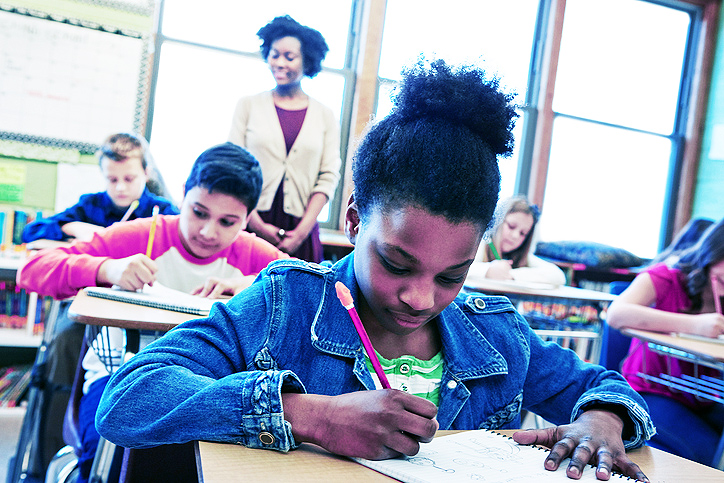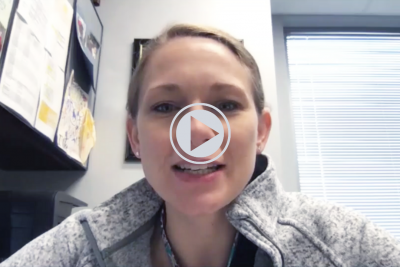Concussions have been in an important topic for student athletes over the last few years. They continue to happen in any variety of sports — contact and non-contact — and sometimes they even happen outside of an athlete’s regular sport (falls, motor vehicle accidents, etc). Research continues to emerge on concussion recovery and how to best treat concussions. Originally, we thought kids with concussions should stay in a dark room, miss school, do no activity and avoid all types of stimulation. Not anymore! Newer studies indicate that this may actually make kids feel worse. Keeping them out of their normal social circles by keeping them out of school and off of their phones can lead to feelings of isolation and depression. So what do we do in terms of school now?
The goal is to try and get kids back to school safely and to minimize symptoms as much as possible. With the right accommodations, most kids should be able to return to school within the first day or two after the injury.
Below is a list of things that will help make school more manageable:
- Allowing the student to wear sunglasses at school can help with light sensitivity
- Reducing brightness of screens or sitting further from smartboards also helps with light sensitivity
- Reducing overall amount of work, necessary assignments only allows students to focus on the important homework
- Additional time to complete tests—trouble focusing can making finishing tests in the standard time difficult
- Lunch in a quiet place—cafeterias can be noisy and loud which can make concussion symptoms worse
- May need to take a break from band, shop classes or other classes that are loud
- Allow students to take breaks and go to the nurse’s office if symptoms worsen
- Allow students to go home if symptoms don’t improve—this way they know that if it gets bad, they are able to go home without stress
Even these small changes can make handling a concussion at school more bearable for the student. Doctors, teachers, school nurses and parents need to work together to help the student keep up with work while dealing with concussion symptoms. Accommodations can be adjusted on a weekly basis to reflect how the student is feeling.
At home, parents can also help students by encouraging a few simple things:
- Do homework in 20-30 minute blocks, especially at first. Frequent breaks can help with headaches and other symptoms that may worsen as kids concentrate on work.
- Create a quiet environment for doing homework—this will eliminate distractions, especially since students already have a difficult time focusing.
As always, talk to your doctor about your child’s concussion recovery and the best plan of treatment. Every concussion is different and every child is different. Being supportive and being your child’s advocate at school can help eliminate stress.






Comments